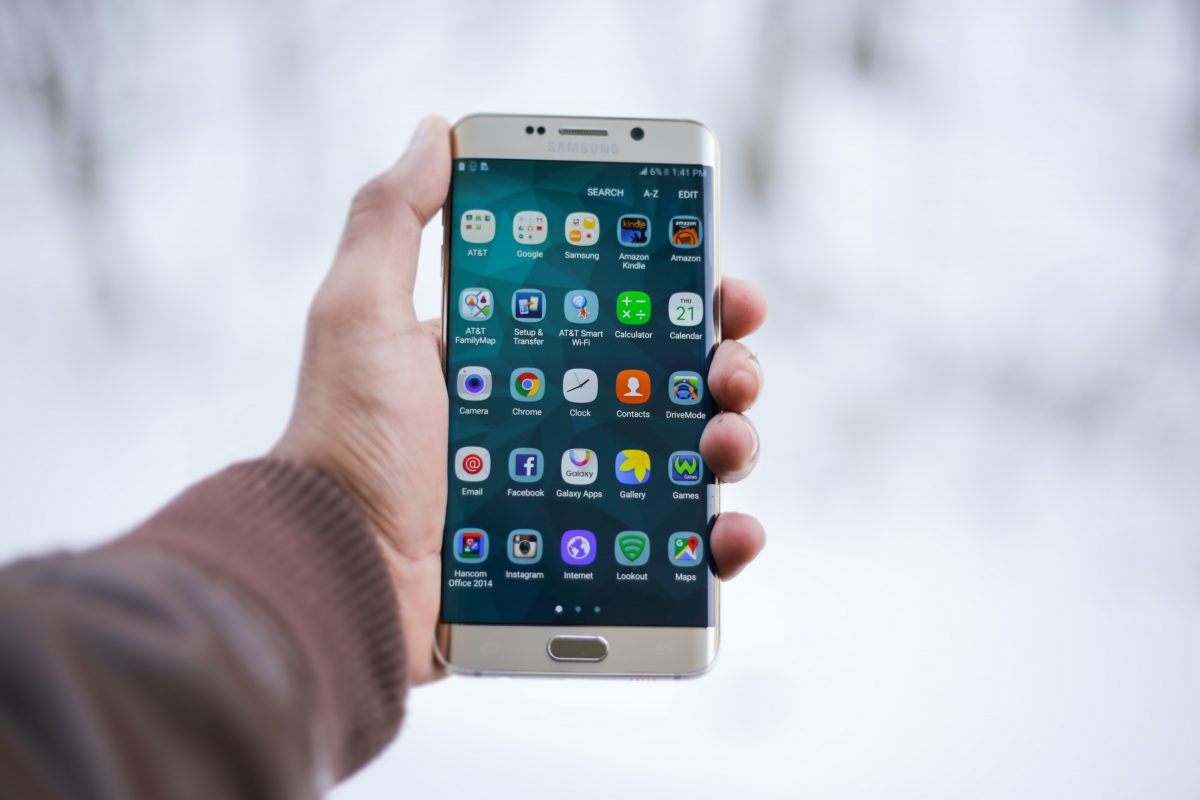This post was originally published on this site
Addiction Recovery Bulletin
The COVID-19 pandemic has accelerated digital innovation around the globe – including spurring on a revolution in telemedicine.
Digital rehab start-up Workit Health, which offers group meetings and one-on-one counselling in the comfort of people’s homes, now helps 10,000 people through its recovery platform – and it could be the key to tackling another epidemic afflicting the US: opioids.
Between March and May 2020, the introduction of lockdown measures in the US coincided with a record rise in drug overdose deaths, with synthetic opioids the main driver, according to the Centers for Disease Control and Prevention.
Prior to the pandemic, there were barriers to receiving treatment. Your first appointment had to be in person, there was a disincentive for providing telehealth services, as doctors were paid little, and a patient could only receive a week’s supply of medication.
Since COVID-19, The New York Times reports there have been key regulatory changes in the US, which mean all appointments can happen over the phone or online and a month’s supply of medication can be prescribed.
In March, the US government allowed patients to access Medicare funding for telehealth appointments and treatment, helping to kick-start the wider adoption.
Tech for good
In 2014, before the opioid epidemic was labelled as such, Robin McIntosh and Lisa McLaughlin, Workit Health’s co-founders, who met at an Alcoholics Anonymous meeting in Oakland, quit their jobs to find a way to “leverage technology to make recovery easier and cheaper”.
Being able to see a doctor, or a counsellor and have treatment prescribed by phone or over the internet has been a long time in coming, says McIntosh, a Schwab Foundation awardee.
“If you can order your food online, but you can’t order your recovery online, it’s a crazy state of affairs. How hard do you have to fight to be sober and clean in this world?” she says.
Removing obstacles to recovery
Besides drug addictions including opioids and cocaine, the start-up offers programmes to aid the recovery of those with gambling, smoking and alcohol addictions and chronic pain and eating disorders.
The start-up’s model combines FDA-approved medication with the support of therapists to enable lasting behaviour change; it also removes obstacles, like the ‘zipcode lottery’ of access to treatment, to speed up recovery.
And it works to reduce the stigma faced by those who relapse.
“With addiction, we are usually dealing with narrow windows of time when people are able to outrun their addiction and are open to help,” says Dr Kevin Armington, a member of the Workit Health Team in New Jersey.
“If you don’t engage that patient quickly and give them a reason to stick around, you will lose them.
“Even though we have effective treatment, many people with addiction cannot access it for lots of reasons. They may not know that medication is available. Perhaps the nearest medical provider who can prescribe medication is too far away.”
Workit Health saw a 200% increase in demand in 2020, McLaughlin told Forbes, in part “because people are isolated and unemployed. All of these things are coming to a head now.”
“We have work to do as a society to ensure hat all patients with addiction are able to access effective treatment,” says Dr Armington.
The post Digital Rehab is Helping Tackle America’s Opioid Crisis appeared first on Addiction/Recovery eBulletin.
